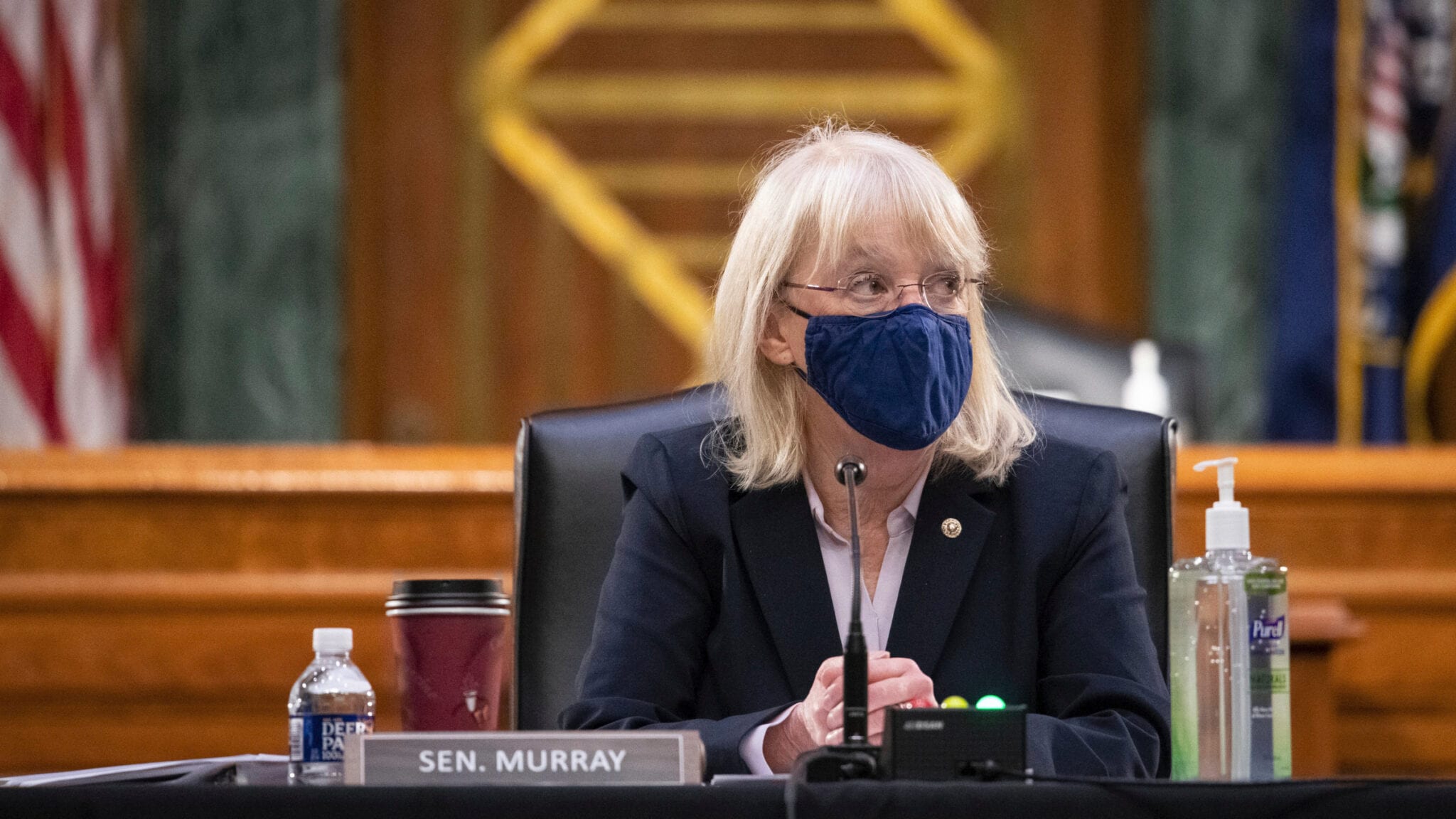
Sen. Patty Murray (D-WA) (Graeme Sloan/Sipa USA/Sipa via AP Images)
CDER director on accelerated approval reforms and a court decision that will 'send a chill' across rare disease drug development
At the second of two hearings before the Senate Health, Education, Labor & Pensions Committee on the must-pass legislation (by the end of September) regarding …
Sign up to read this article for free.
Get free access to a limited number of articles, plus choose newsletters to get straight to your inbox.